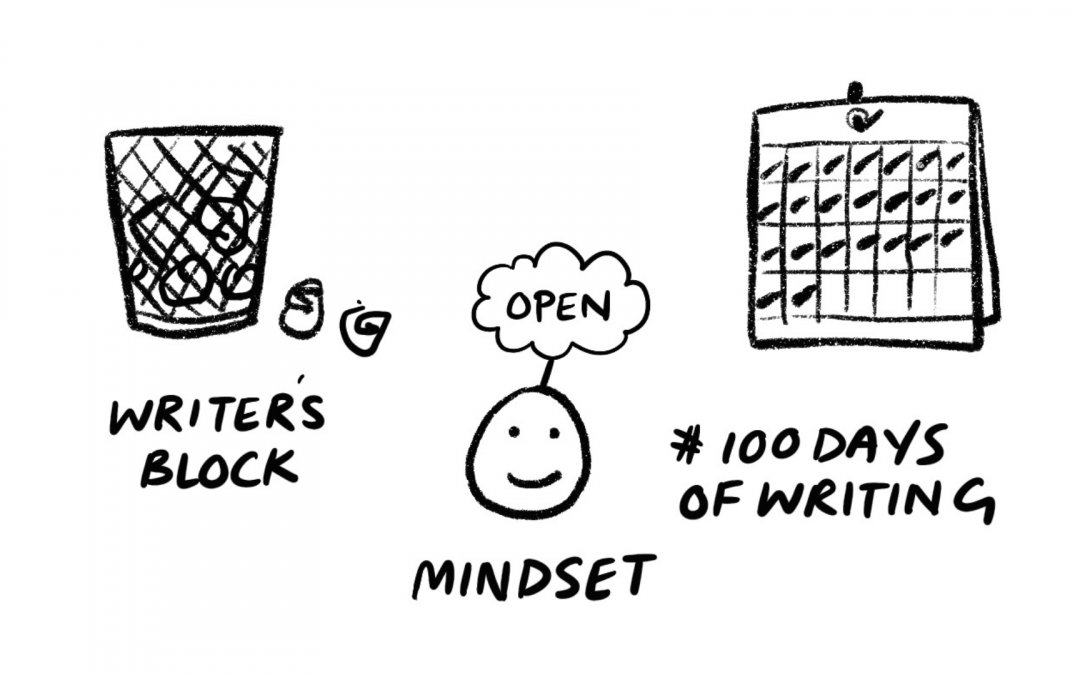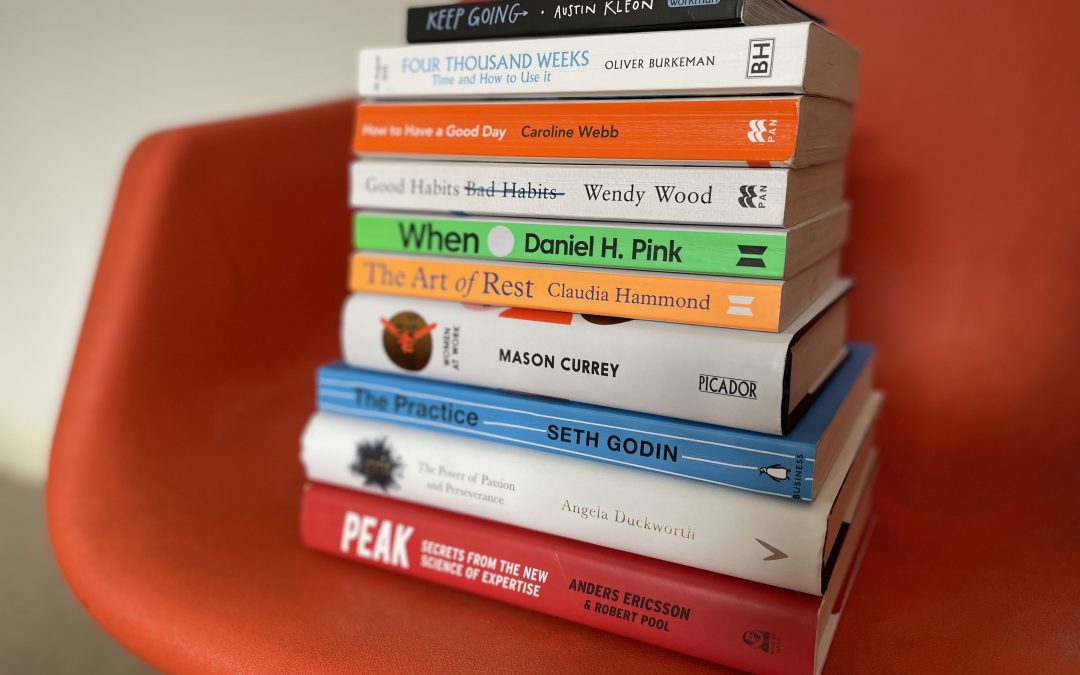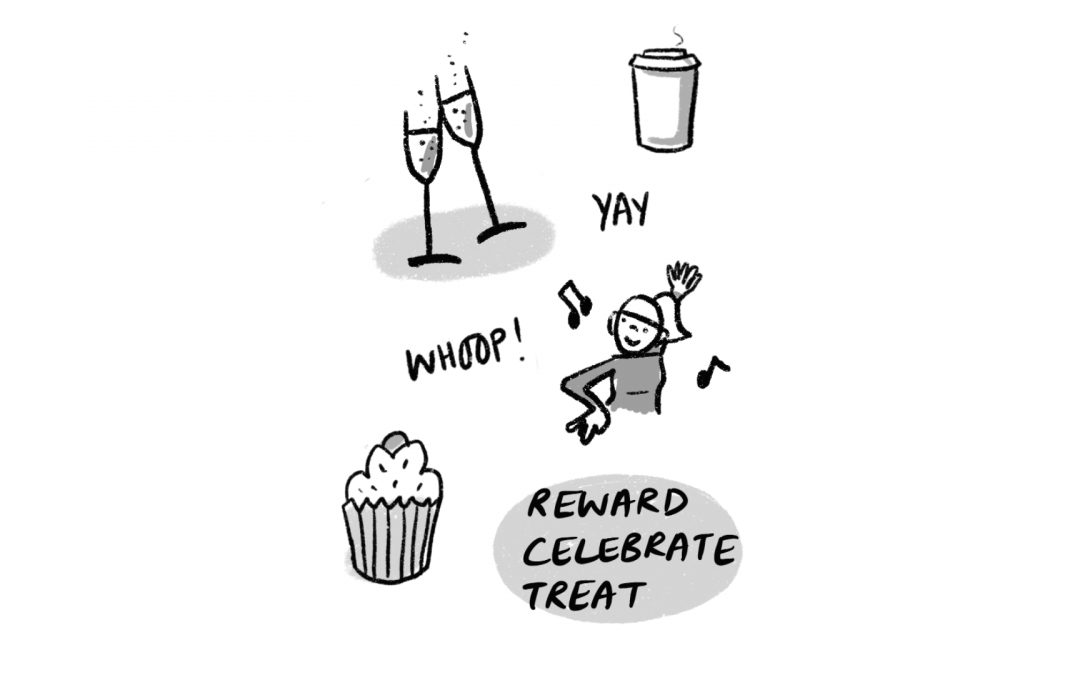
How to write in challenging times – the alchemy of gentle productivity
What does it mean to be productive? How can writers keep going when it feels like everything is stacked against them? Novelist, essayist and short fiction writer Anna Vaught shares the alchemy of gentle productivity that helps her keep writing. Six years ago, I...

Why collaborating with others builds your writing resilience
I’ve been thinking a lot recently about writing collaborations and relationships. Partly because I’ve just co-authored a book and partly because I’m still struggling with a chapter in said book about the topic. At one point I...

The complete guide to working with beta readers
Everything you need to know about working with beta readers – who they are, the benefits of using them and practical tips on how to recruit, brief and communicate with them. It’s publishing folklore – how JK Rowling was famously...

Start building your writing resilience
Resilience is a panacea of a personality trait. Becoming more resilient can help us to bounce back from failure and lead to a host of positive outcomes. With a writing life littered with obstacles, it’s the kind of skill writers need to keep going long term. Here’s...

Overcoming writers’ block: 5 questions to ask yourself the next time you’re stuck
Writers' block manifests itself in different ways but the outcome is often the same. The writing slows, you can’t figure out a way forward, writing sessions feel arduous, and procrastination takes hold. How to get unstuck will be personal to you and the particular...

Oliver Burkeman on time and how to use it
Oliver Burkeman’s new book, Four Thousand Weeks: Time and How to Use It explores how to build a life of creativity, productivity and meaning when we have limited time available - and even less control over that time. I caught up...

Too busy to write a book? Not if you have 15 minutes each day
Like many writers J.P. Choquette thought she didn't have enough time to write a novel. There were many reasons: she was too busy, too tired, her ideas weren't good enough. Sick and tired of her excuses she committed to writing for just 15 minutes a day. She shares how...

Keep going: 10 books to help build your writing resilience
From punchy pep talks to solid science, I've been reading books about how to build better habits and keep going for over a decade. These are the ones I turn to again and again when I want a burst of inspiration or help answering a tricky coaching question. Read on for...

How to keep writing using rewards
Whatever you’re writing it’s important to keep motivated and keep moving forward. That’s when rewards can power up your writing productivity. However, there’s more to rewards than treating yourself to a big slice of cake after crafting the perfect sentence. Find out...

Compete or collaborate? What the Iowa Writers’ Workshop teaches us about how to work with others
The fact that poet Paul Engle, who took over as director of the Iowa Writers’ Workshop in 1941 wrote with a bullwhip next to his typewriter speaks volumes about his methods and the philosophy behind the original program. Based at the University of Iowa, the Iowa...

The secrets of successful collaborative writing
In 2013, Alice Campion sent the manuscript of a novel she’d just finished called The Painted Sky to Penguin Random House Australia in the hope they might be interested in publishing it. They were. In fact, the publisher was bowled over. In an email back to the author,...

How long does it take to become a good writer? Deliberate practice for writing
Every writer has a backstory. The hidden hours of practice that got them to their ‘overnight’ success. Whether you’re creating a tenure track publication pipeline, or a poet working towards a first collection, it takes years to gain expertise as a writer. Get the...
